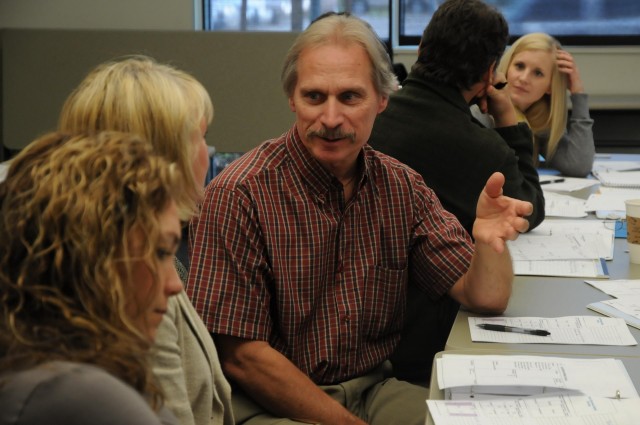
What makes you happy at work? Benefits? Bonuses? Vacations?
Well no, actually. The top factors determining a person’s happiness at work are whether they enjoy the actual tasks required, are able to focus on the things they do best and are proud of their employer. Other factors that can impact happiness are relationships at work, the job’s social impact, feeling in control of your work and workplace decisions and feeling like you’re progressing and learning.
Other statistics show that your happiness at work is a also result of skill levels, providing service, supervising others and working at a small company, according to the Happiness at Work Survey jointly developed by Delivering Happiness at Work (DH@W) and Nic Marks. Nic is a well-being researcher with the new economics foundation (nef), and DH@W is a consultancy firm Zappos CEO Tony Hsieh founded on the heels of his 2010 bestseller, Delivering Happiness. DH@W uses the survey as a cornerstone in its work with companies to create a happier (and subsequently more profitable) culture.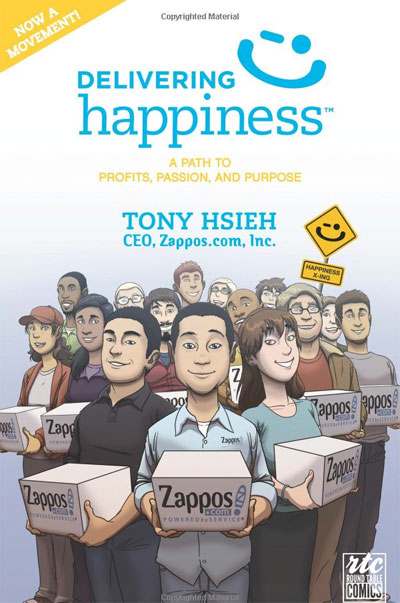
So far, more than 11,000 people in more than 90 countries have taken the 47-question survey, which asks simple questions regarding work-life balance, utilization of time on the job and overall feelings while at work.
The results confirm that highly skilled workers are 50% more likely to be happy at work than their unskilled counterparts. People whose work involves caregiving or direct service are 75% happier than, for example, those in sales. Supervisors are 27% more likely to be happy than those who are supervised. And you are 25% more likely to be happy working for a company of fewer than 100 employees than for a business with 1,000 or more employees. Age matters, too. Workers 40 and above tend to be happier than younger employees.
The 47-question survey takes about 10 minutes to complete and asks questions such as, “How satisfied are you with the balance between the time you spend on your work and the time you spend on other aspects of your life?” and “How much of the time you spend at work do you feel bored?” The assessment also includes questions about colleagues and managers, workspace environment and your individual demeanor. After completion, survey respondents receive personalized reports intended to help navigate the way forward—particularly if, like many workers, they feel work is a test of endurance instead of a labor of love.
“Some consider happiness to be fluffy in the workplace,” says James Key Lim, chief executive at Delivering Happiness at Work. But he cites an extensive body of research showing that a happy workforce can make a big difference. One large meta-analysis found happy employees have on average 31% higher productivity, their sales are 37% higher and their creativity is some three times higher than less-happy workers, Lim says.
“We need positive feedback loops to create well-being,” survey author Nic Marks said at a TED talk in July. “At a business level, you need to look at the well-being of your employees—it links directly to creativity and innovation.”



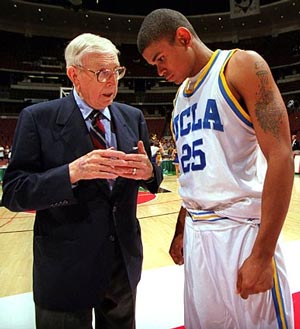

 Your culture is your brand; your brand is your culture. The two are one in the same—inextricably intertwined. It’s where marketing, positive psychology and innovative business practices intersect. After spending more than 25 years as a professional marketer, I watched the concept crystallize during two amazing days last week in
Your culture is your brand; your brand is your culture. The two are one in the same—inextricably intertwined. It’s where marketing, positive psychology and innovative business practices intersect. After spending more than 25 years as a professional marketer, I watched the concept crystallize during two amazing days last week in 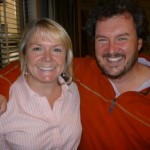
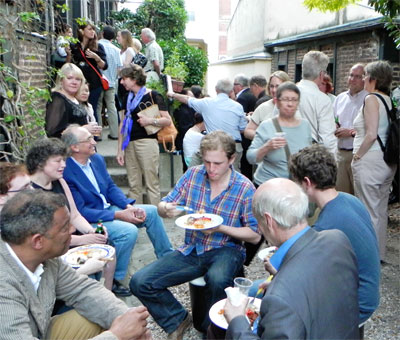
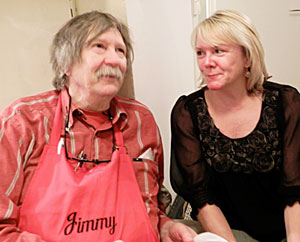



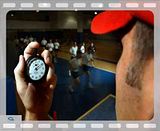 I was reminded of the classic book yesterday while Skyping with a young manager who trains employees for a multinational Fortune 100 consumer electronics firm in the Washington, D.C., area. She asked me if I’d ever read the book—well yes! We laughed. In 1982 when it was first published!
I was reminded of the classic book yesterday while Skyping with a young manager who trains employees for a multinational Fortune 100 consumer electronics firm in the Washington, D.C., area. She asked me if I’d ever read the book—well yes! We laughed. In 1982 when it was first published!